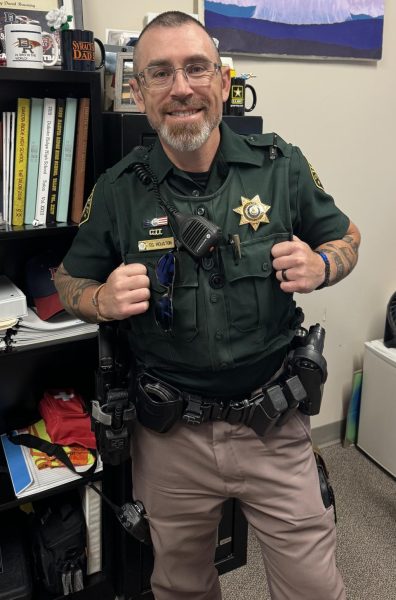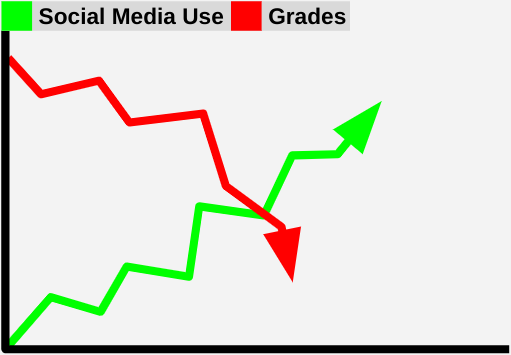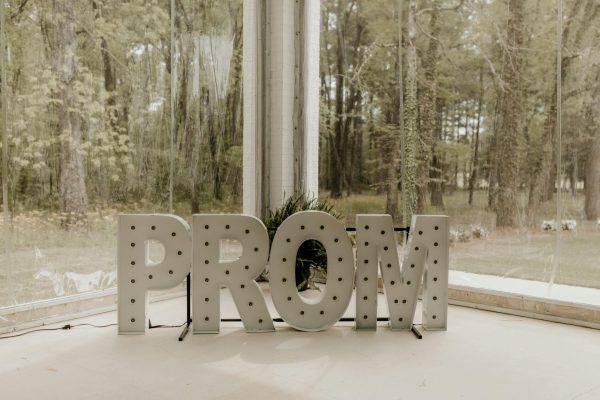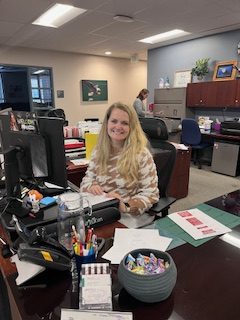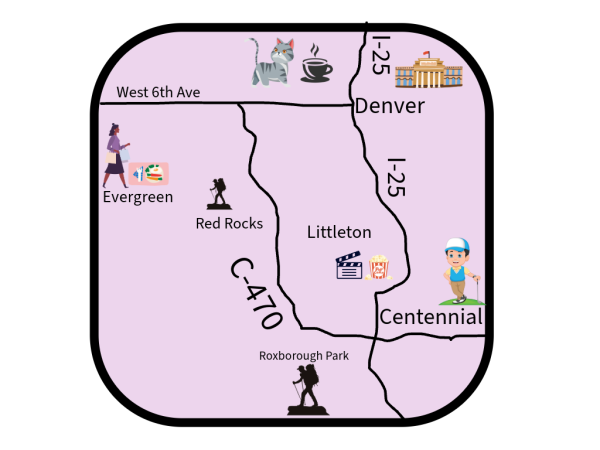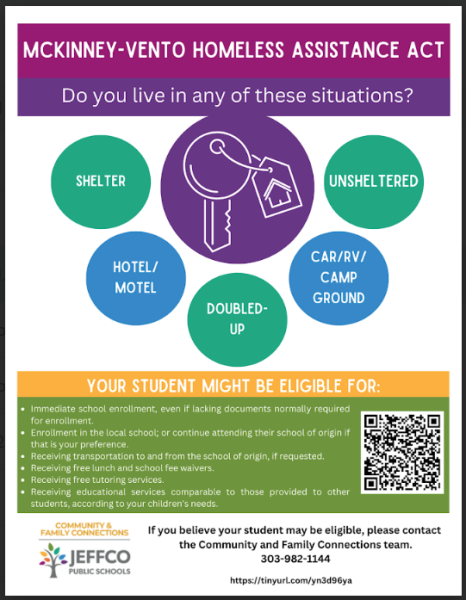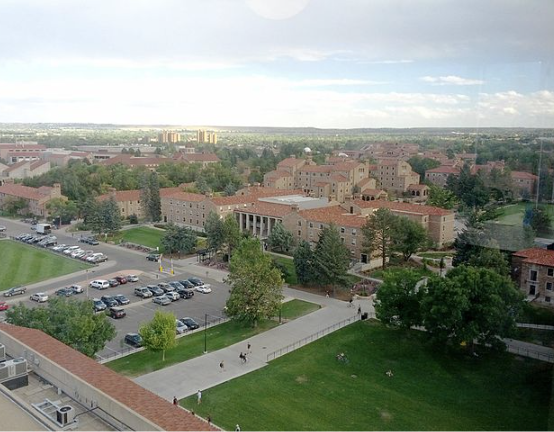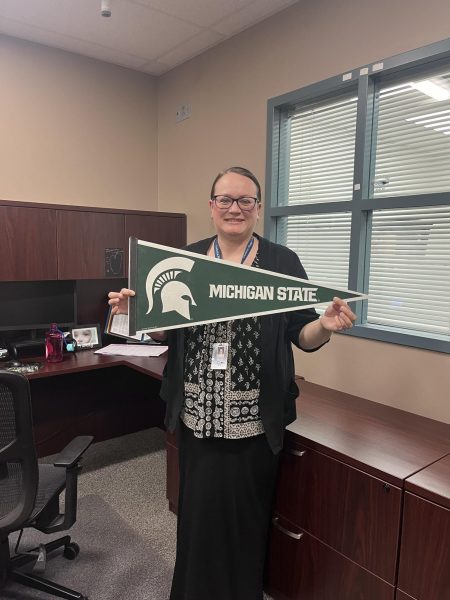Learning From Our Leaders: A Conversation With Dr. Jelinek
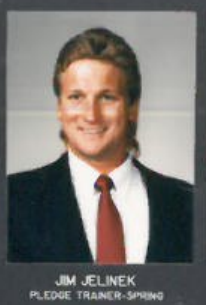
Dr. Jelinek’s fraternity class photo for the year 88′-89′
January 10, 2022
Many seniors feel as if they’ve gone to one too many Seminar meetings about their upcoming futures with college and life after high school. Applications, letters of recommendation, essays, SAT scores, GPA, and all the stress that comes with it, is on many students’ minds.
“It’s never ending, and I never feel like the adults understand,” senior Josie Corridori said. “They just throw information at us and expect for it to all just work out…I wish I could know it would all be fine.”
Corridori is not alone with this need to know that college, and the end of school, is not the end of the world. The new world of university and college has many nervous with no idea what to expect. Looking towards someone who’s seen it all before is exactly what many students need.
Dr. Jim Jelinek is the man behind the operation when it comes to Dakota Ridge High School. Interacting with students, keeping the school working, maintaining safety, keeping things fun, and all without breaking a sweat. As the principal, you can see him throughout the school every day, and all day, dedicated to his school.
It’s hard for many students, including me, to see Dr. Jelinek as anything other than our school principal, as if he was made to do that from the start. However, everyone must come from somewhere, and Dr. J is no exception.
Dr. Jelinek went to CSU in the graduating class of ‘89 with a major in English. Both of his parents went to CSU, his sister was already there, and it only made sense for him to also attend, even though he looked at other options, including a college in California. But he ultimately decided to stay local.
Not only was Jelinek’s college choice not his first option, neither was his major. He switched from his original major, Zoology, to English early in his college career. He boiled it down to a mistake he made freshman year in the required Soils class which included an academic class and a 3 hour lab once or twice every week — both were contributing factors to the final grade.
“I didn’t figure out I was supposed to be going to this lab,” Dr. Jelinek said. “I ended up not doing very well grade-wise in that class.” He shook his head and laughed, calling himself a “dummy” for this mistake that helped make him an English major, and eventually a high school principal. Although a mistake, it made him who he is today, proving everything will work out in the end.
A slip-up in a class freshman year doesn’t seem like enough to switch majors, and going from Zoology to English is an unusual shift, but coming from a long line of family in the world of education, it made sense to him.
Family was a big part of Dr. Jelinek’s college experience — both of his sisters attended CSU with him at one point, and it was apparent how grateful he was to have family there when he was thrown into college life.
By this point, I’m relating to Dr. Jelinek almost too much. Not only am I a senior who is ready to take on college, but I am also planning on attending CSU (my safer choice), where both my parents went, and where several of my
siblings attend now. Jelinek’s sisters even lived together at one point, which is currently what two of my siblings are doing. Although in two completely opposite positions in life, I soon became very assured about my future and college after listening to Dr. Jelinek speak about his experiences that make him human, not just an authority figure.
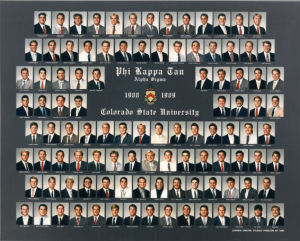
Jelinek also discussed his life in his fraternity, Phi Kappa Tau. Humbly, he talks about his experience, but hearing from my dad who was a couple of years below and attended the same fraternity as Dr. J, I knew Jelinek was near the top of the ladder in the fraternity’s social structure, given the title “Pledge Trainer-Spring.”
Phi Kappa Tau was known for their annual Hawaiian luau party because they always went big. Each year they would send a group of guys down to Tucson, Arizona to convince strangers to let them “shape their palm trees” for free. They had no idea how to shape palm trees, Jelinek admitted. It really was for their party though, and rarely did anyone say no to the free service. The guys would return to Fort Collins, CSU, with several pick-up trucks full of palm leaves to decorate the house. Dr. Jelinek chuckles subtly at the ridiculousness of the endeavors they used to take back in the day, but was reminiscent of the good memories of college life.
When asked if he fit into the stereotype of a “frat boy,” knowing many fellow classmates would be curious to know, Dr. Jelinek proved again to be just like many other students when he was around our age, with his lack of adherence to the social norms, his individuality, and his nonchalant attitude.
“Give me a black concert t-shirt and a pair of jeans and I was happy,” Dr. J said.
For those who are scared of the stereotypes that college may come with, Dr. J. assures that for many, there is no such thing, especially if you look in the right places.
“One of the things that drew me to that fraternity, specifically, is that it didn’t have one type,” Jelinek said. “We had a wide range of people in our fraternity.”
Not only did Dr. Jelinek condemn stereotypes, but he also embraced his peers’ differences and enjoyed the diversity.
Jelinek wasn’t always the top dog of a fraternity; we all must have our beginnings. In his earlier years, before he joined his fraternity, Jelinek lived the bumpy and fun life of a freshman in college that seniors can look forward to. He lived in Corbett Hall, a dorm at CSU. He spoke of the memories of all the times he and his dorm-mate rearranged furniture to fit their small dorm, which he claimed was smaller than the office he has now. Dr. J. described the courtyard that his dorm had in which people would hang out, play games, and socialize.
“I got to meet new people from different places around the United States and the world,” Dr. Jelinek said.
From a small college town or not, college was an exposure to the real world for Dr. J, just as it will be soon for each of us who are ready to apply. It’s an experience that cannot be lived anywhere else, with lessons learned that are taught nowhere else. Whether you’re going to Harvard, not-so-small anymore CSU, or some small college no one knows, there will always be lessons to learn.
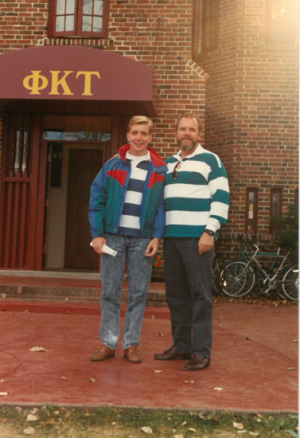
As I closed up my very insightful talk with Dr. Jelinek, I asked for advice for those who are going to college this upcoming year, or in the years to come, and he gave his final two cents before returning to his job of keeping the school in order.
“One of the biggest challenges for me was the freedom…that freshman year was pretty difficult to balance my time. I was there to learn and get a major, not just socialize all the time,” Dr. Jelinek said.
College is fun, as proven by the clearly unpredictable Dr. Jim Jelinek, but it’s still school. So for the students looking ahead towards college, if Dr. J can do it, so can you. Make sure you go to the three hour lab that could possibly be a part of your courses, see the world in a whole new light, meet new people, and most importantly, remember that there is no wrong way to do it.
So relax, put on your black, band t-shirt, and be yourself. Colleges will never know what hit ’em.


